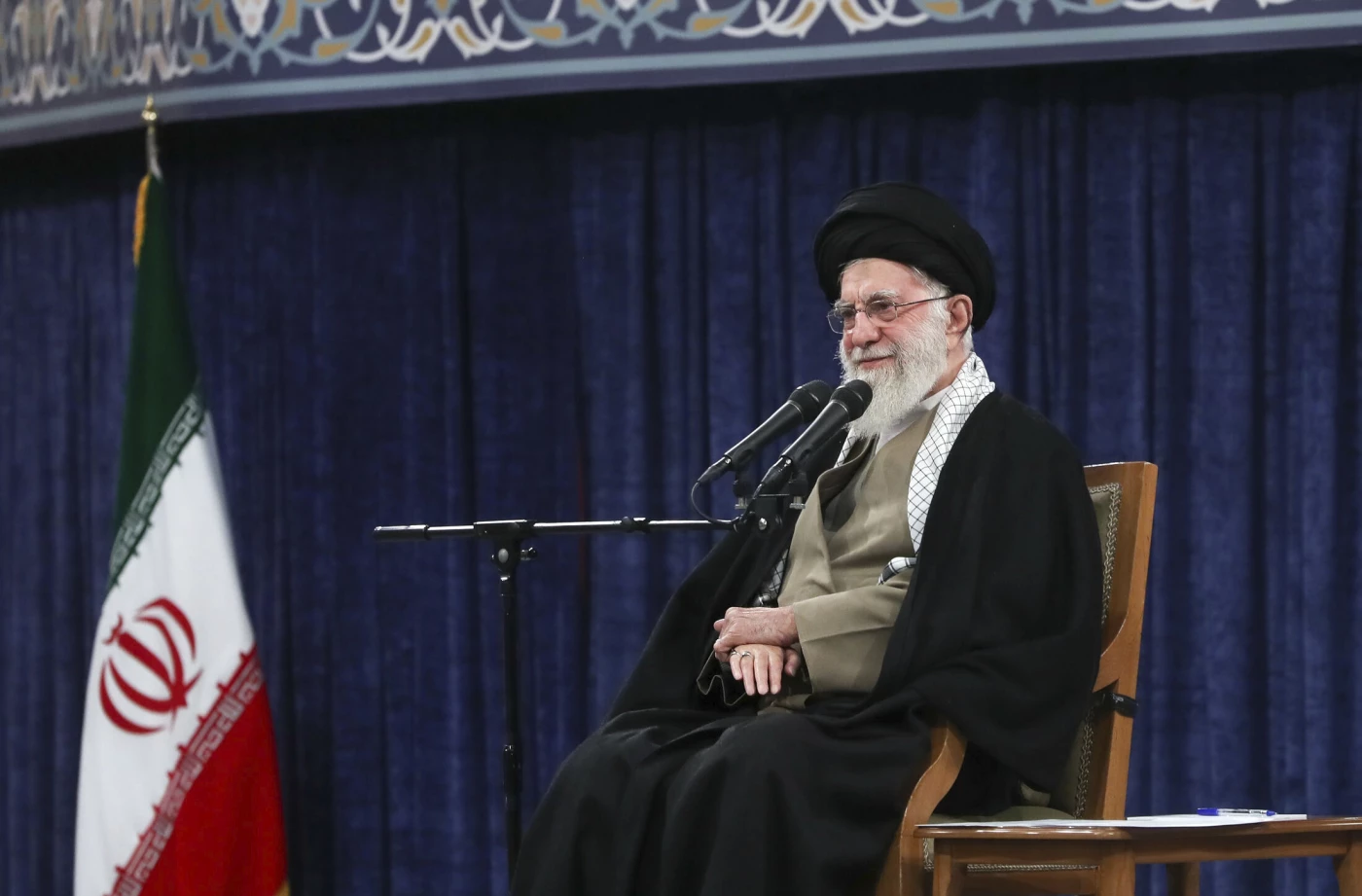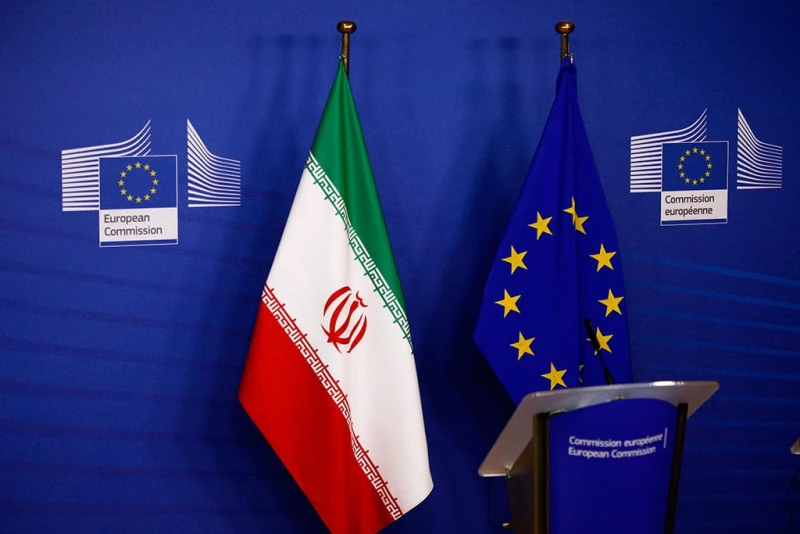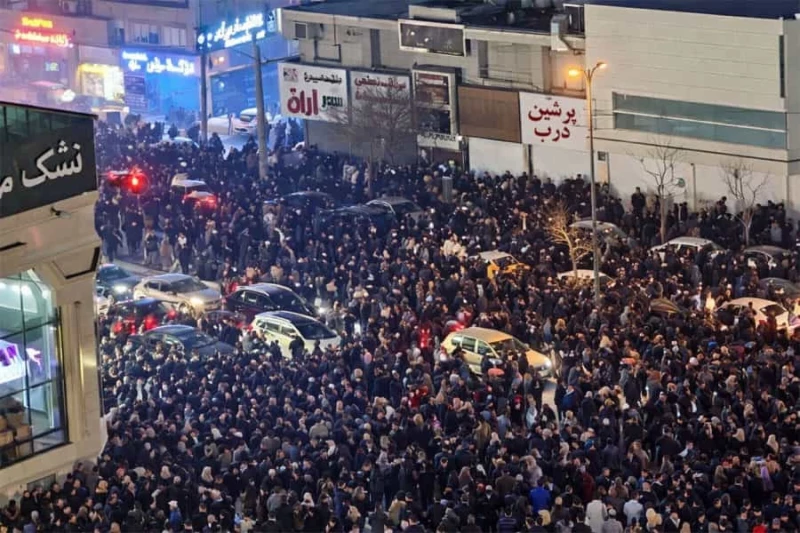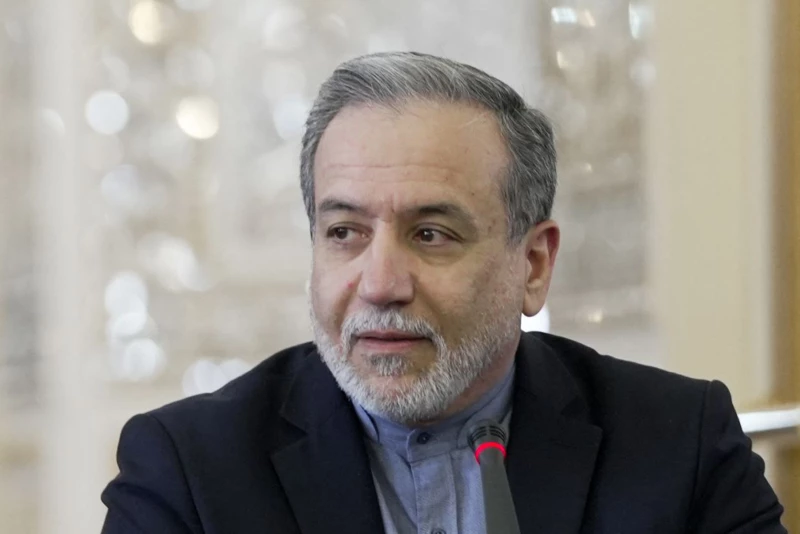ERBIL, Kurdistan Region of Iraq - Iran’s supreme leader Ayatollah Ali Khamenei warned on Monday that the Islamic Republic would strongly retaliate against any US attacks after President Donald Trump threatened to take military action unless Tehran made a deal with Washington regarding their nuclear program.
“If they do not make a deal, there will be bombing,” Trump said on Sunday. “It will be bombing the likes of which they have never seen before.”
Trump had also said, “There is a chance that if they do not make a deal, I will do secondary tariffs on them like I did four years ago.”
Iran’s Khamenei hit back on Monday in a live speech after leading Eid al-Fitr in Tehran.
“They threaten to do mischief,” Khamenei said, warning Trump that if any military strike is carried out, “they will certainly receive a heavy blow in return.”
This latest exchange in the war of words between Trump and Khamenei comes as the Islamic Republic last week refused to engage in direct negotiations with the US over its nuclear program as long as Washington continues applying its "maximum pressure" campaign.
“Direct negotiations [with the US] have been rejected, but Iran has always been involved in indirect negotiations, and now too, the Supreme Leader has emphasized that indirect negotiations can still continue,” Iranian President Masoud Pezeshkian said on Sunday.
In early February, US President Donald Trump signed a memorandum restoring his "maximum pressure" policy against Iran, which entails a series of extensive sanctions on Tehran and new economic measures to pressure the country.
In 2015, world powers agreed to ease international sanctions on Iran in exchange for curbs on Tehran’s nuclear program, a deal that came to be known as the Joint Comprehensive Plan of Action (JCPOA).
The United States, during the first Trump administration, unilaterally withdrew from the landmark and reimposed economic sanctions, causing extensive damage to the Iranian economy.
Iran insists that their nuclear development efforts are peaceful. The US, however, has remained wary of Tehran’s nuclear program, suspecting that Iranian nuclear research is driven by a desire to acquire nuclear weapons.



 Facebook
Facebook
 LinkedIn
LinkedIn
 Telegram
Telegram
 X
X


